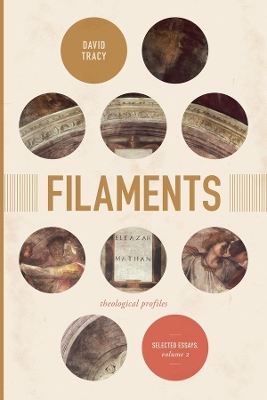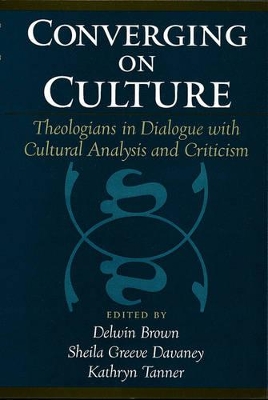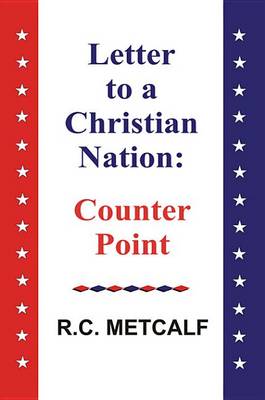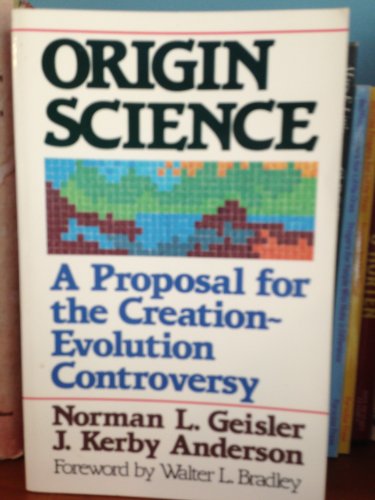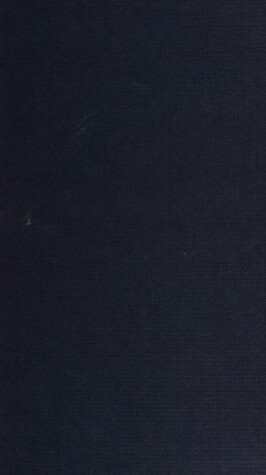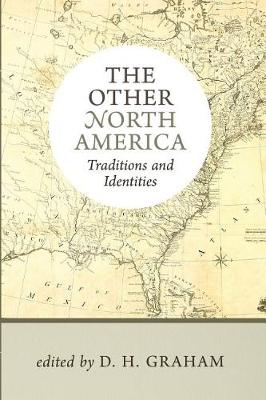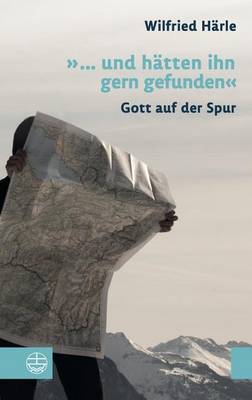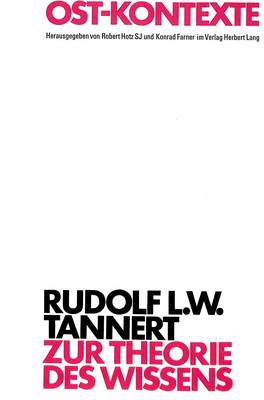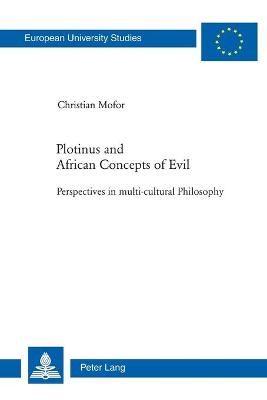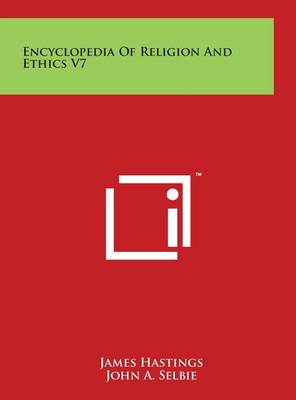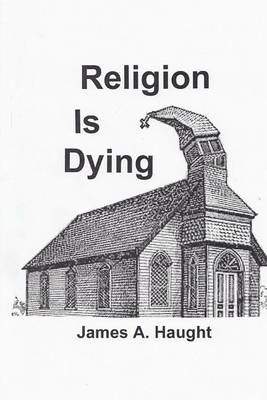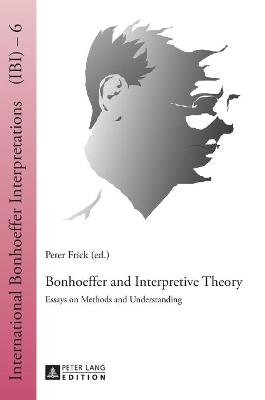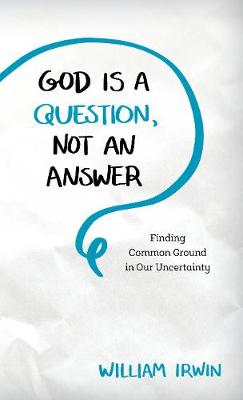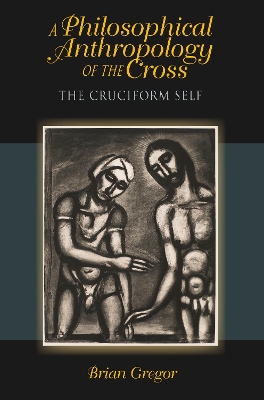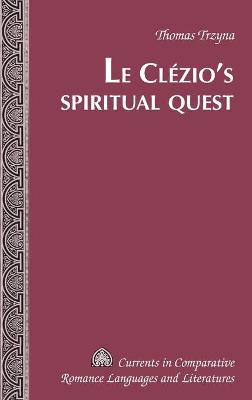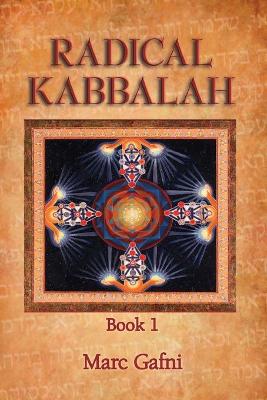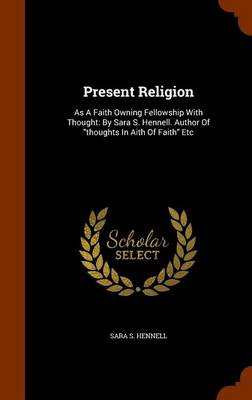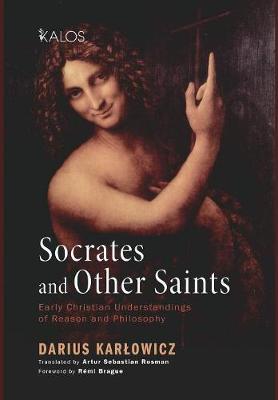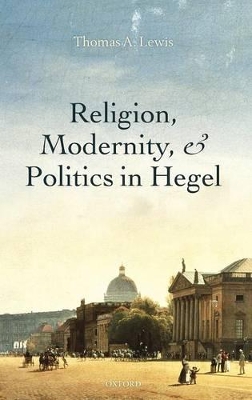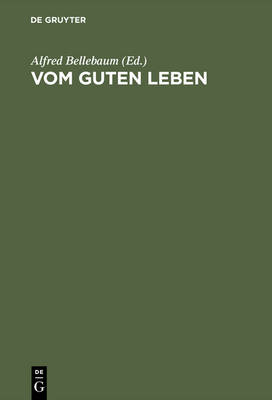In the second volume of his two-volume collection of essays from the 1980s to 2018, renowned Catholic theologian David Tracy gathers profiles of significant theologians, philosophers, and religious thinkers. These essays, he suggests, can be thought of in terms of Walt Whitman's "filaments," which are thrown out from the speaking self to others--ancient, medieval, modern, and contemporary--in order to be caught elsewhere. Filaments arranges its subjects in rough chronological order, from choic...
Converging on Culture (AAR Reflection and Theory in the Study of Religion)
Theologians are increasingly looking to cultural criticism, rather than philosophy, as a dialogue partner for cross-disciplinary studies. This book explores the importance of this shift by bringing together scholars from a variety of theological perspectives to analyze different contemporary theories of cultural movements. The book is divided into two parts. The first examines the theoretical relationship between theology and cultural studies. The second consists of theological analyses of a ser...
Reality of the Mind (Routledge Library Editions: Philosophy of Religion)
by Ludger Holscher
Among the various approaches to the question of the nature of the mind (or soul), Augustine's philosophical arguments for the existence of an incorporeal and spiritual substance in man and against materialism are here thoroughly examined on their merits as a source of insight for contemporary discussion. This book, originally published in 1986, employs Augustine's method of introspection, and argues that, as a philosopher, Augustine can teach the modern mind how to detect the reality of such a s...
This text is designed as a practical guide both for student teachers and practicing teachers who are dealing with mildly to moderately handicapped children in normal schools.
This book explores the concepts of evil in the world-views of Plotinus and the Nso' people of Cameroon. The author analyzes the theories of the natural structure and social organization of these views of the world. He stresses the importance of comparing Plotinus and African philosophy. The book offers a proper appreciation of fundamental differences, parallels and similarities and seeks to build on shared values and common existential concerns in the world-views of Plotinus and the Nso'. This b...
Encyclopedia Of Religion And Ethics V7
by James Hastings and John A Selbie
Bonhoeffer and Interpretive Theory (International Bonhoeffer Interpretations, #6)
How does the contemporary reader make sense of the life and writings of such an icon as Dietrich Bonhoeffer? The essays in this volume seek to address this question by carefully examining the social, cultural, religious and intellectual locations that inform the Sitz im Leben of a vast readership of Bonhoeffer. The focus of each of the essays is thus on the task of articulating and clarifying a hermeneutically self-conscious and responsible approach to interpreting and understanding Bonhoeffer....
Platonism and Cartesianism in the Philosophy of Ralph Cudworth
by Mother Maria
Uncertainty is the essence of the human condition, and nothing is more uncertain than God. Yet passions run hot when it comes to God, both among believers and non-believers. God is a Question, Not an Answer aims to unsettle readers on both sides of the issue. William Irwin argues that because belief occurs along a continuum of doubt and we can never reach full certainty, believers and non-believers can find common ground in uncertainty. Beginning with the questions of what we mean when we talk...
A Philosophical Anthropology of the Cross (Indiana Series in the Philosophy of Religion) (Philosophy of Religion)
by Doctoral Candidate Brian Gregor
What does the cross, both as a historical event and a symbol of religious discourse, tell us about human beings? In this provocative book, Brian Gregor draws together a hermeneutics of the self-through Heidegger, Gadamer, Ricoeur, and Taylor-and a theology of the cross-through Luther, Kierkegaard, Bonhoeffer, and Jungel-to envision a phenomenology of the cruciform self. The result is a bold and original view of what philosophical anthropology could look like if it took the scandal of the cross s...
Le Clezio's Spiritual Quest (Currents in Comparative Romance Languages & Literatures, #203)
by Thomas Trzyna
Le Clezio's Spiritual Quest is the first English language book to address the development of this Nobel Prize winner's spiritual ideas and the first book in any language to focus on his abiding interest in the philosophy of Parmenides, Sufism, and Meso-American religion. Le Clezio's Spiritual Quest explains many puzzling features of his work from this philosophical perspective, including the relative absence of dialogue in his novels and short stories, his portrayals of mystical experiences, his...
Religion, Modernity, and Politics in Hegel analyzes Hegel's philosophy of religion and develops its significance for ongoing debates about the relation between religion and politics as well as the history of the conceptualization of religion. One of the most vital currents in contemporary Hegel scholarship argues that Hegel radicalizes, rather than reneges upon, Kant's critique of metaphysics. Critics have claimed that this new scholarship cannot account for Hegel's treatment of religion. Addres...
